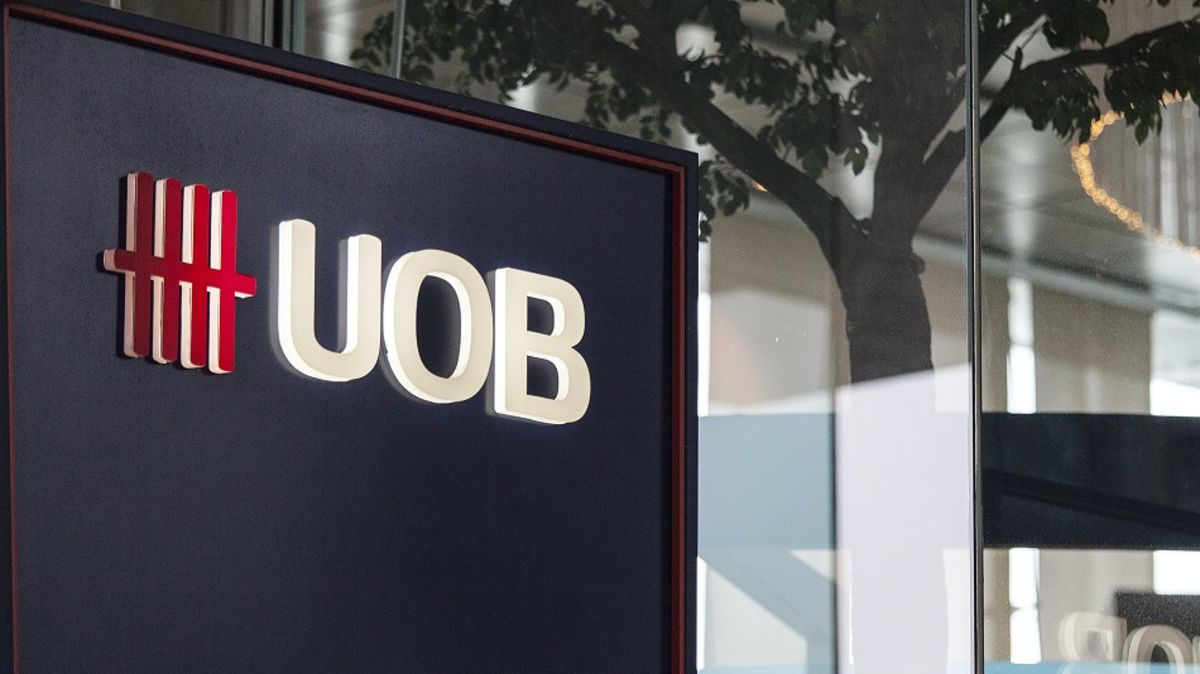The fossil fuel industry is responsible for 89% of the global GHG emissions, and hence the major reason for global warming leading to climate changes. Apart from global warming, fossil fuels cause air pollution, killing 4 Mn people worldwide annually. Financial institutions play a pivotal role in mitigating climate change by directing their resources towards renewable energy. However, if financial institutions invest in the fossil fuel industry, they are adding to the problem of climate change.
Coal accounts for 46% of the world’s annual carbon emissions and 72% of the GHG emissions of the global electricity sector. Due to Coal combustion, globally, 800,000 deaths occur every year.
The leading bank of Singapore, United Overseas Bank (UOB), provides financial services across 18 countries and had a revenue of USD($)11.74 Bn in 2019.
Nearly 4,488 institutional firms hold investments of $1.03 tn across the thermal coal value chain as of January 2021. Amongst these firms, one such financial institution is United Overseas Bank. Between October 2018 and October 2020, UOB provided an investment of $955.6 Mn to the fossil fuel industry. This involved $722.43 Mn in loans and $233.17 Mn in underwritings. The bank provided this money to nine coal-related companies. UOB invested $433 Mn in Glencore, $133 Mn in China Petrochemical Group, $117 Mn in United Tractors, $43 Mn in NCIG Holdings, $62 Mn in POSCO, etc.
Glencore is one of the world’s largest seaborne producers & exporters of thermal & coking coal and in 2020, Glencore produced 106.2 Mn tonnes of coal and sold 67.1 Mn tonnes of it through its marketing businesses.
UOB has a score of only 8.5 out of 80 on its total coal policy score as prepared by the Rainforest Action Network.
United Overseas Bank’s investments in coal companies, add to the climate crisis. The company should move to reduce its funding to the fossil fuels industry, to manage its impact on climate.



